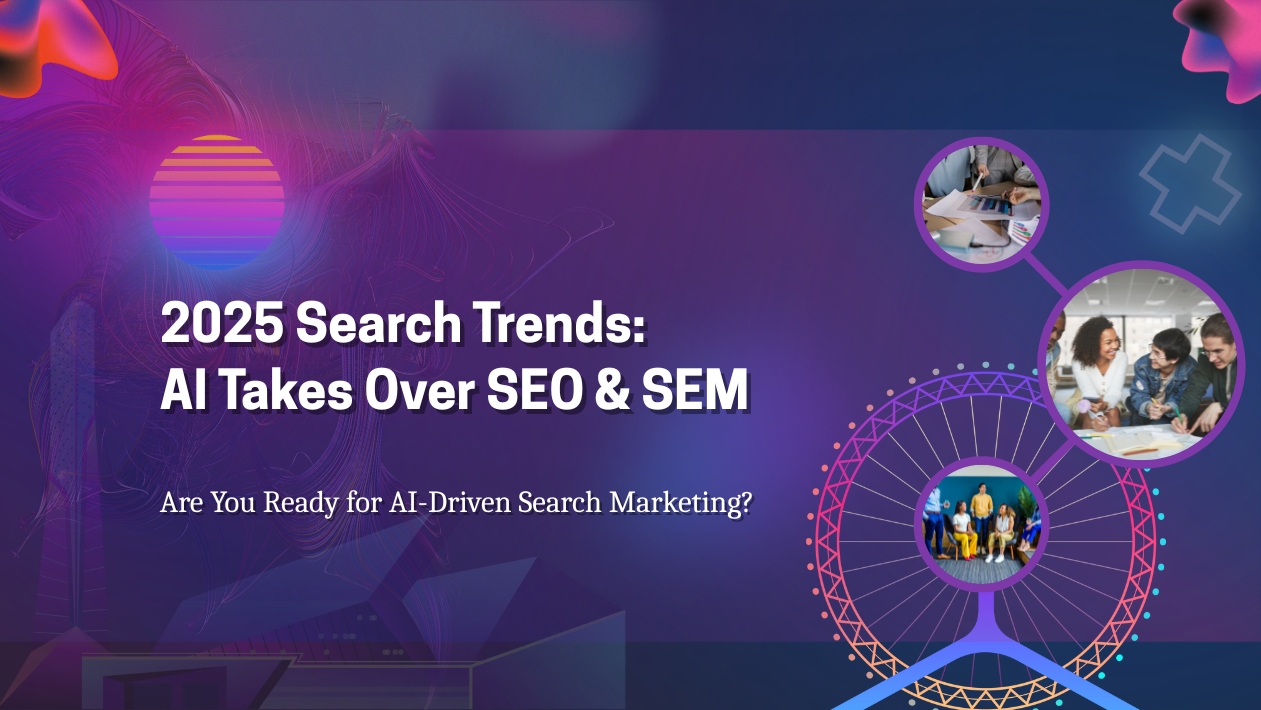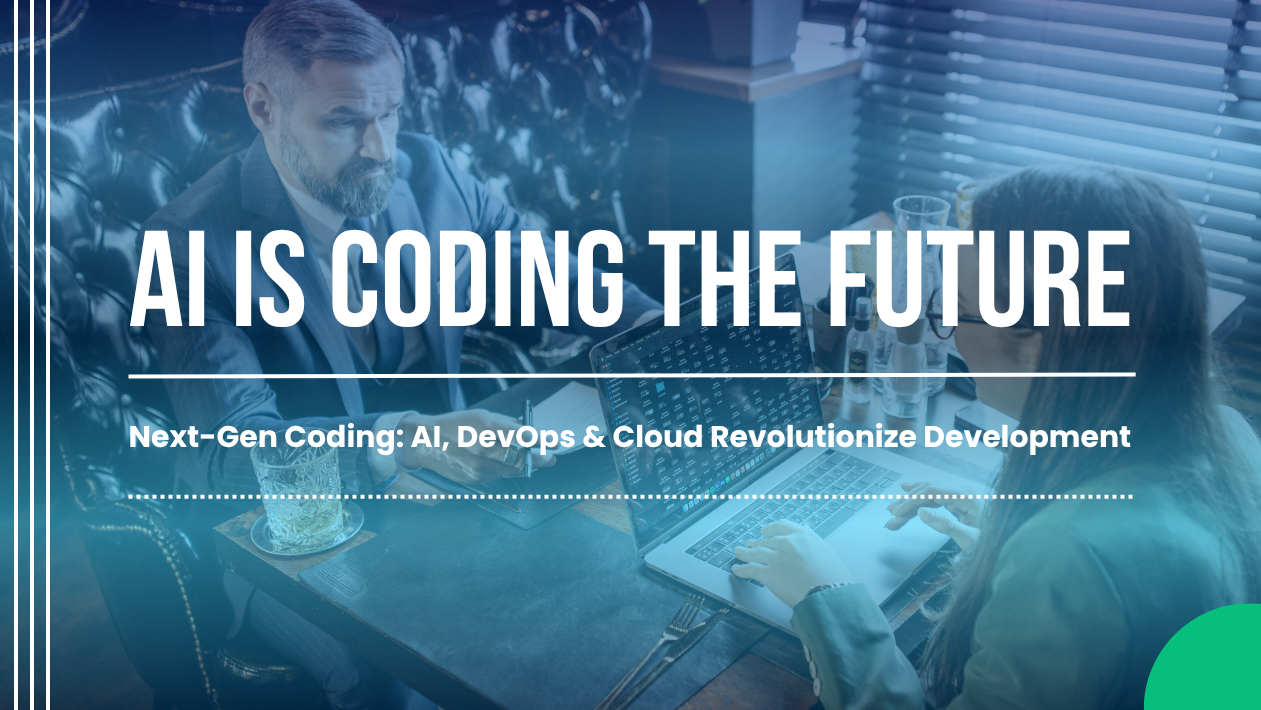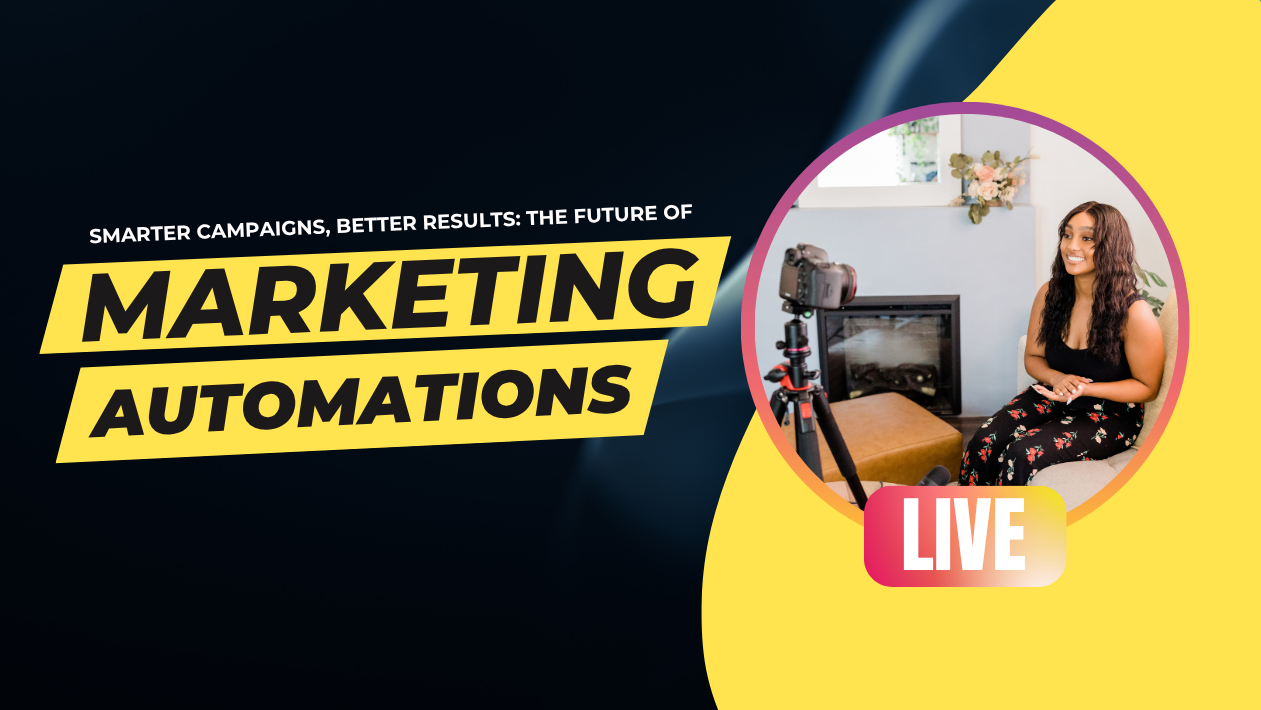In 2025, the world of Search Engine Optimization (SEO) and Search Engine Marketing (SEM) is undergoing a major transformation. With AI-powered search engines, voice-based queries, and generative search experiences (GSE) reshaping how users find information, marketers are rewriting the rulebook on visibility, engagement, and conversion.
AI Search Engines Reshape the Digital Landscape
Google’s Search Generative Experience (SGE) and Microsoft’s Copilot Search are fundamentally changing how search works. Instead of traditional blue links, users now see AI-generated summaries, contextual results, and dynamic answers powered by large language models (LLMs).
For SEO professionals, this means focusing on contextual authority, structured data, and content designed for AI comprehension rather than keyword stuffing.
Voice and Visual Search Take Center Stage
The rise of voice assistants like Alexa, Siri, and Gemini, combined with visual search tools such as Google Lens, is pushing brands to rethink optimization strategies. Voice search queries are longer and more conversational, prompting marketers to focus on natural language SEO and long-tail keywords.
Retail and e-commerce brands are especially benefiting from visual search optimization, allowing consumers to find products instantly through photos and videos.
AI and Automation Redefine SEM Campaigns
Search Engine Marketing is becoming smarter and more automated. Google Ads, Meta Ads, and Bing Ads now rely heavily on AI-driven bidding, predictive targeting, and creative optimization. Marketers are using tools that analyze millions of data points to deliver personalized ad experiences across devices.
Dynamic Search Ads (DSA) and Performance Max campaigns are helping advertisers achieve higher ROI with less manual effort, as algorithms fine-tune bids and creatives in real time.
Content Quality and E-E-A-T Remain King
Google’s E-E-A-T framework—Expertise, Experience, Authoritativeness, and Trustworthiness—continues to be the foundation of modern SEO. In 2025, it’s not just about ranking—it’s about credibility.
Brands are prioritizing author bios, credible sources, and data-backed content to improve visibility in AI-powered search results. Long-form, interactive, and multimedia content is seeing higher engagement rates and better indexing.
Paid and Organic Search Strategies Converge
As AI blurs the lines between organic and paid search, brands are embracing hybrid strategies. Integrated dashboards now allow marketers to manage SEO, SEM, and social campaigns from a single platform, optimizing spend across channels based on performance.
Companies investing in cross-channel attribution are seeing up to 40% better ad efficiency by aligning organic content with paid keyword strategies.
Privacy, Data, and the Cookieless Future
With the phase-out of third-party cookies, first-party data and contextual targeting are the new cornerstones of SEM. Marketers are building consent-based data ecosystems and leveraging AI-driven segmentation to maintain ad relevance while respecting user privacy.
The Future: Search as a Conversation
By 2025, search has become less about typing and more about talking and experiencing. Conversational AI, predictive personalization, and immersive visual results are turning search into a two-way interaction.
For brands, this means the future of SEO and SEM isn’t just about being found—it’s about being part of the conversation.





